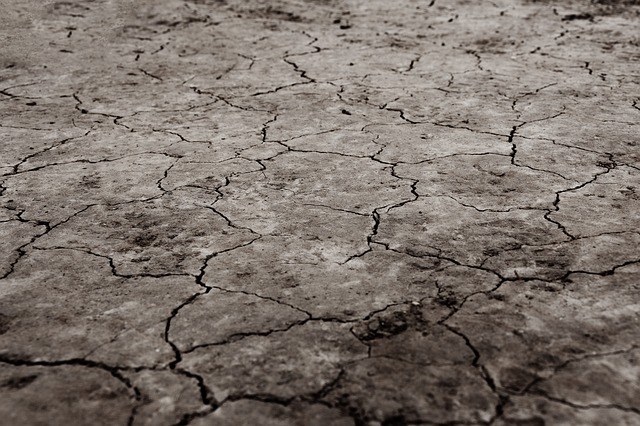Insecticide threat to aquatic biodiversity highlighted in new study
Insecticides can be beneficial to humans in many ways, such as providing crop protection from disease and defoliation and as a tool used in the reduction of mosquitoes and other insects that can transmit diseases such as malaria, to humans. However, once they enter an aquatic system, the environmental costs can be very high. Just…
Changing attitudes to wood
Wood has many different uses, including shelter, fuel and paper to write on, as well as having a key role in maintaining a healthy planet. More recently however, the development of engineered wood for use in the construction of tall buildings has led to a new generation of ‘ply-scrapers’. So is our attitude to wood…
“A Wakeup Call” on Climate Change and Global Health
Climate change will affect human health through multiple routes according to speakers at the London School of Hygiene and Tropical Medicine (LSHTM) on Friday. They were there to launch “Climate Change and Global Health”, a book that analyses impacts on human health from heat waves, vector-borne diseases to conflict. Sir Andy Haines, Professor of Public…
Substantial update to the ISC myrtle rust datasheet to coincide with the species discussion at the IUFRO 2014 World Congress this week
Effects of the invasive myrtle rust (Puccinia psidii) on the paperbark tree (Melaleuca quinquenervia) in Australia (July, 2011). CABI has recently published a comprehensive review and update of its ISC datasheet on the globally important pathogen Puccinia psidii, commonly known as myrtle rust or guava rust. This problematic fungus is of worldwide importance and is…
World Water Monitoring Day 2014
World Water Monitoring Day (WWMD) is observed each year on September 18. It was initially chosen to coincide with the anniversary of the US Clean Water Act on October 18, but was changed to encourage participation in regions of the world where temperatures reach freezing point at that time of the year. WWMD was established…
“Land Belongs to the Future, Let’s Climate Proof It” – World Day to Combat Desertification 2014
June 17 has been designated by the United Nations as World Day to Combat Desertification and Drought (WDCD). The slogan of this year’s WDCD is ‘Land Belongs to the Future, Let’s Climate Proof It’, which aims to ‘highlight the benefits of mainstreaming sustainable land management policies and practices into our collective response to climate change’. The…
World Environment Day 2014 – “Raise Your Voice, Not the Sea Level”
World Environment Day (WED) on June 5th is used by the United Nations to encourage global awareness and stimulate action to protect the environment. It was established in 1972 on the same day that the UN Conference on the Human Environment began and the first WED was celebrated in 1973. Each year it is hosted in…
Celebrating International Biodiversity Day!
22 May is International Biodiversity Day! This year, the theme is Island Biodiversity which was chosen to coincide with the UN's International Year of Small Island Developing States. Islands and their surrounding seas are unique. They ae often made up of many plant and animal species that are endemic—found nowhere else on Earth. The legacy of a unique…
CABI's Dr Richard Shaw joins BBC Oxford Radio live in the studio tomorrow at 2pm GMT to talk about invasive species in the EU and around the world, plus what CABI is doing to help management major and emerging threats. For those in the UK, listen live April 23 at 2pm here: http://www.bbc.co.uk/programmes/p01wz16m
Dengue situation in a Southern Indian state (Andhra Pradesh) – Gaps and opportunities in Community Awareness
Dengue is the fastest growing vector-borne disease worldwide, and reported cases in the Southern Indian state Andra Pradesh have steadily risen from 313 in 2008 to 2299 in 2012. The many missed cases due to partial reporting by private hospitals and clinics in this state, increased urbanisation and lack of people participation in health issues, makes one sceptical of the true burden of this potentially deadly disease. A community physician in Hyderabad summarises knowledge and practice on community awareness of dengue in Andra Pradesh, and looks at strategies to make information & communication a priority for addressing know-do gaps.




